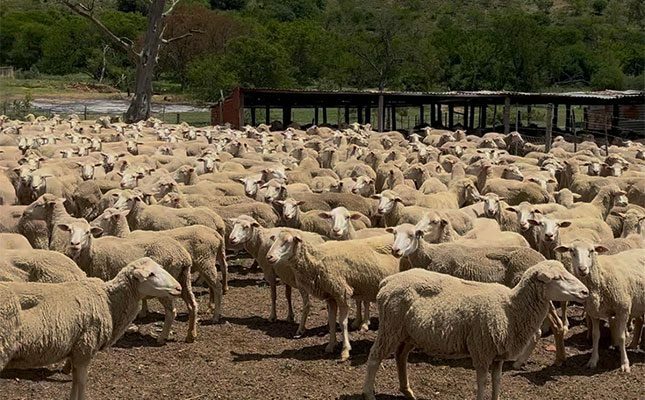Sheep breeding is emerging as a lucrative opportunity for Nigerian farmers, driven by the country’s growing demand for meat and livestock products.
With a market valued at N2.5trillion, sheep breeding offers a promising source of income for those willing to invest in this sector. The demand for sheep products is expected to continue growing, driven by population growth and increasing urbanisation.
Nigeria’s large population and increasing demand for protein-rich foods make sheep breeding an attractive investment opportunity. The country’s sheep market is driven by the demand for mutton and other sheep products, which are consumed across various regions. With the right investment and management, sheep breeding can become a significant contributor to Nigeria’s agricultural sector an economy.
Investing in sheep breeding offers several benefits, including high returns on investment, job creation, and food security. Sheep breeding can generate significant returns on investment, especially for farmers who adopt modern breeding techniques and best practices.
Additionally, sheep breeding can create employment opportunities for rural communities, contributing to economic development and poverty reduction. There are several breeds of sheep that can be raised in Nigeria, each with its unique characteristics and advantages. Some popular breeds include the West African Dwarf sheep, the Yankasa sheep, and the Uda sheep. Farmers can choose breeds that are well-suited to the local climate and market demand, ensuring optimal production and profitability.
While investing in sheep breeding offers several benefits, there are also challenges to be addressed. These include disease management, market fluctuations, and access to finance. Sheep breeders need to be aware of these challenges and develop strategies to mitigate them,such as implementing effective disease management practices and diversifying their products.
The Nigerian government has implemented several initiatives to support the development of the livestock sector, including sheep breeding. These initiatives include agricultural financing programs, extension services, and market development programs.The government’s support provides a promising environment for sheep breeders to thrive and contribute to the country’s agricultural development.
Investment Tips
For those considering investing in sheep breeding, here are some tips to keep in mind. Start small and gradually expand as you gain experience and build your herd. Choose breeds that are well-suited to the local climate and market demand, and develop a comprehensive business plan that outlines your goals, strategies, and financial projections. Seek advice from experienced farmers, veterinarians, and other experts to ensure you’re making informed decisions.
In conclusion, Investing in sheep breeding can be a promising venture for Nigerian farmers, offering high returns on investment and contributing to food security and economic development. With the right strategies and support, sheep breeding can become a significant contributor to Nigeria’s agricultural sector and economy.
As the demand for sheep products continues to grow, investors who take advantage of this opportunity can reap significant benefits and contribute to the country’s economic development.











